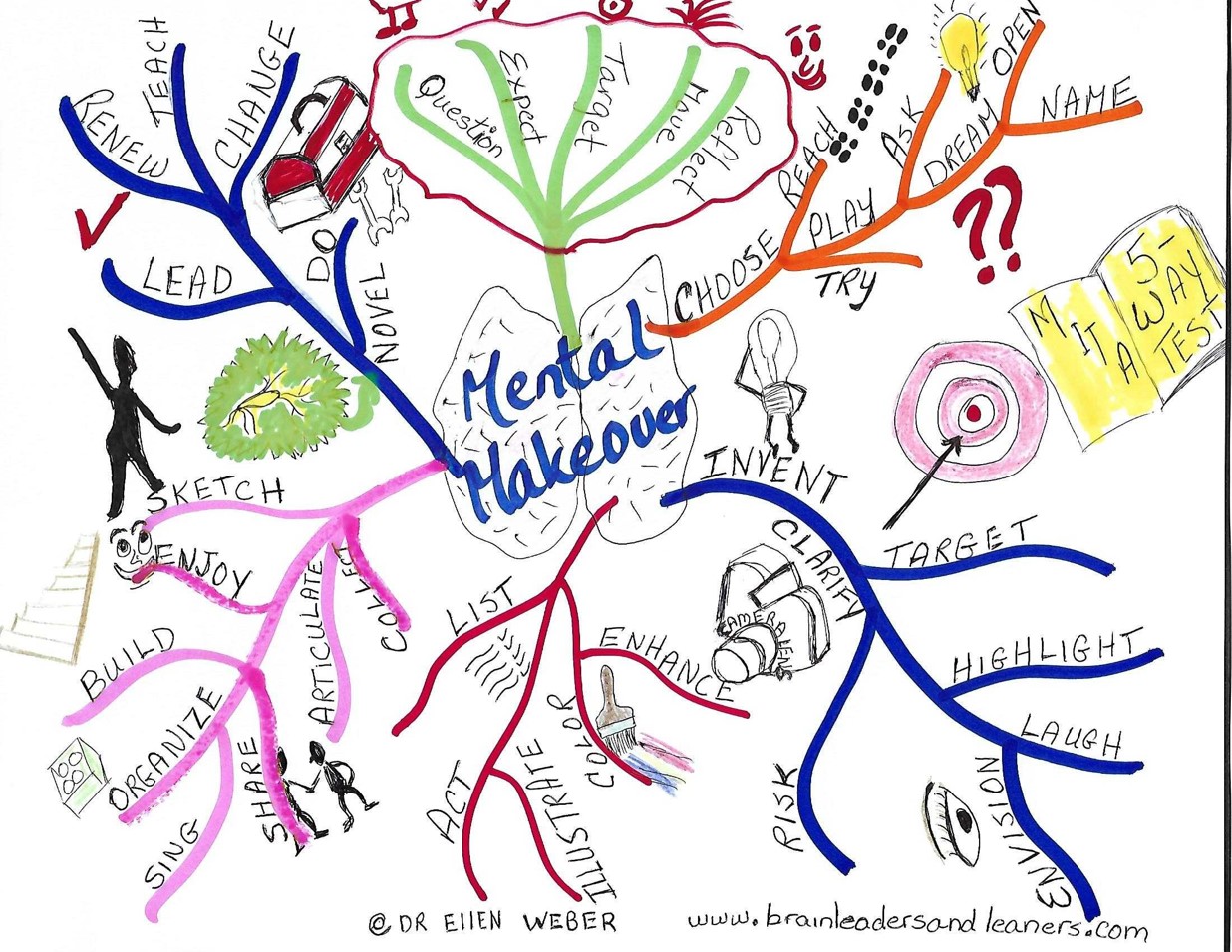Want faster or slower brainwave speed? It depends on what we are trying to accomplish. For example, do we want to sleep or party? Are we willing to live with stress or shift to serotonin, a healthier hormone? As often the case, when it comes to brain wave health, mind matters!

More importantly, is the fact that we can actually shift our brain from fast to slow, or the other way around. Brainwave speed depends on what we need at the moment, and our ability to benefit from our mental tools.
Let’s start with sleep where brain wave health is shored up and sustained. Did last night’s sleep calm your brain? Or did it hammer your peace from side effects of medicine?
Here’s the Skinny
We spend one-third of life sleeping, so why not do it well? For instance, we need plenty of deep sleep or REM.
Top up REM‘s deep sleep benefits with 1 or 2 new tactics:
- Remain upbeat and relax in sleepless spaces.
- Listen to music that slows racing brainwaves.
- Retire about the same time nightly whenever possible.
- Create comfy settings to sleep. Remove TV or iPads from bedroom.
- Set aside conflicts by considering possibilities, and we sleep better.
- Eat heavier foods earlier in a day, and sleep offers new dividends.
- Avoid stimulants such as caffeine, sugar or alcohol before bed.
- Exercise earlier in the day, but avoid rigorous workouts near bedtime.
- Forgive that person who clobbered our efforts -and watch pardon set a new stage for amazing sleep.
- Lower blinds and draw curtains to maintain darkness in sleep area. Darkness maintains melatonin levels for sleep.
What do you do to sleep well enough for good moods to follow you at work the next day? Use any tools that rock brain waves to sleep?
Slow Brain Waves – Speed up Sleep
Rocket science isn’t needed to show how sleep comes from slower brainwaves. In contrast to an active mind energized by fast moving beta brain waves, sleep’s more like daydream states.
Sit through dry lectures, or boring meetings, and we also shift our mental gears to alpha brain waves.
Why use boring meetings to tank waves on an EEG screen though?
We can shift down into theta waves so our mind and body relaxes because of simple choices we make. Watch our heart rate and respiration lower slightly, as our mind tends to move back and forth between creative energy and deep relaxation. Even a few minutes of walking stairs or deep breathing can cause slower delta waves to kick in. While this state lasts, our brain moves delightfully back and forth between delta and theta benefits. Wave changes alter our sleep patterns too.
In the first stage of sleep, EEGs show our brain waves slowing down progressively through a thirty minute period. At that point, our brain shifts into REM or rapid eye movement sleep.
Nathaniel Kleitman, discovered in the 1950s, that is REM sleep a person’s eyes flutter rapidly in all directions. In REM stages of sleep we dream, and when woken in that stage we may feel like a Mack truck hit us – but we will likely remember our dreams. Interestingly brain waves at the deepest sleep speed up again – even though the brain remains dormant to conscious thought.
The key is to sustain brain waves suitable for the moment, based on what we hope to accomplish. Easier said than done if we are prone to stress. For example, alpha waves are generated by our relaxed brain, so that we have vivid memories, aha moments, and we feel at peace with the world.
Pushing Snooze Buttons at Work?
Chemicals and Electricals Alter Sleep
Serotonin chemicals are released which is characterized by high performance and researchers tell us that when we begin to move from alpha waves into theta movement, sleep tends to follow. Serotonin also increases melatonin – the chemical that aids our sleep in a darkened room.
In contrast, the stress hormone cortisol is released in dangerous doses when we hold onto anxiety or nurture hurts or sustain stress in our lives. Cortisol can also be raised by poor diet, lack of priorities, too many short sleep sessions, habits such as meta messages which generate poor relationships, and lack of reflection that helps us grow and progress in daily doses.
Whether sleep is poor because of stress, or it is quiet and relaxed in calm, we’ll enjoy three terrific books, to sustain brainwaves for sleep at night and higher performance in day.
Check out:
Dr. Daniel Amen’s book, CHANGE YOUR BRAIN CHANGE YOUR LIFE, which suggests wonderful ways to tackle anxiety, diminish anger and break obsessions.
Journalist, Jim Robbins in, A SYMPHONY IN THE BRAIN, explains the science behind activating brain frequencies you may not normally use.
Having just returned from a week’s adventure with my darling grandchildren, I’m glad to know how to repay sleep debts.
Emptied your rest reserves, and need more? Or do you hope to help a younger person enjoy more benefits from sleep?

Created by Ellen Weber, Brain Based Tasks for Growth Mindset
YOUR TURN! Join our Brain Based Circles! Would love to meet you at any of the following!
Brain Leaders and Learners Blog
Mita Brain Center Facebook
efweber on Pinterest
@ellenfweber on Twitter
ellenfweber on Instagram
Ellen Weber on Google+
Ellen Weber on LinkedIn
